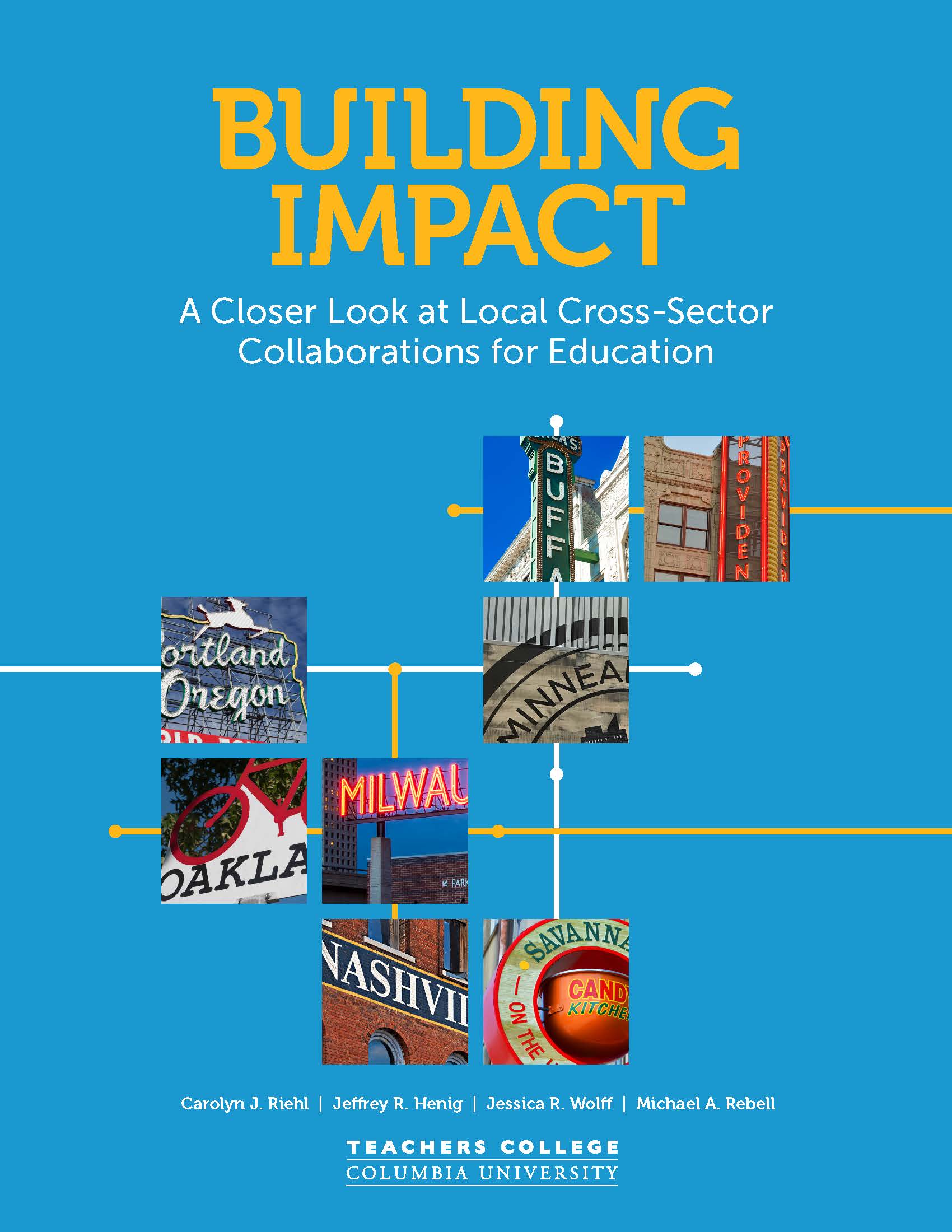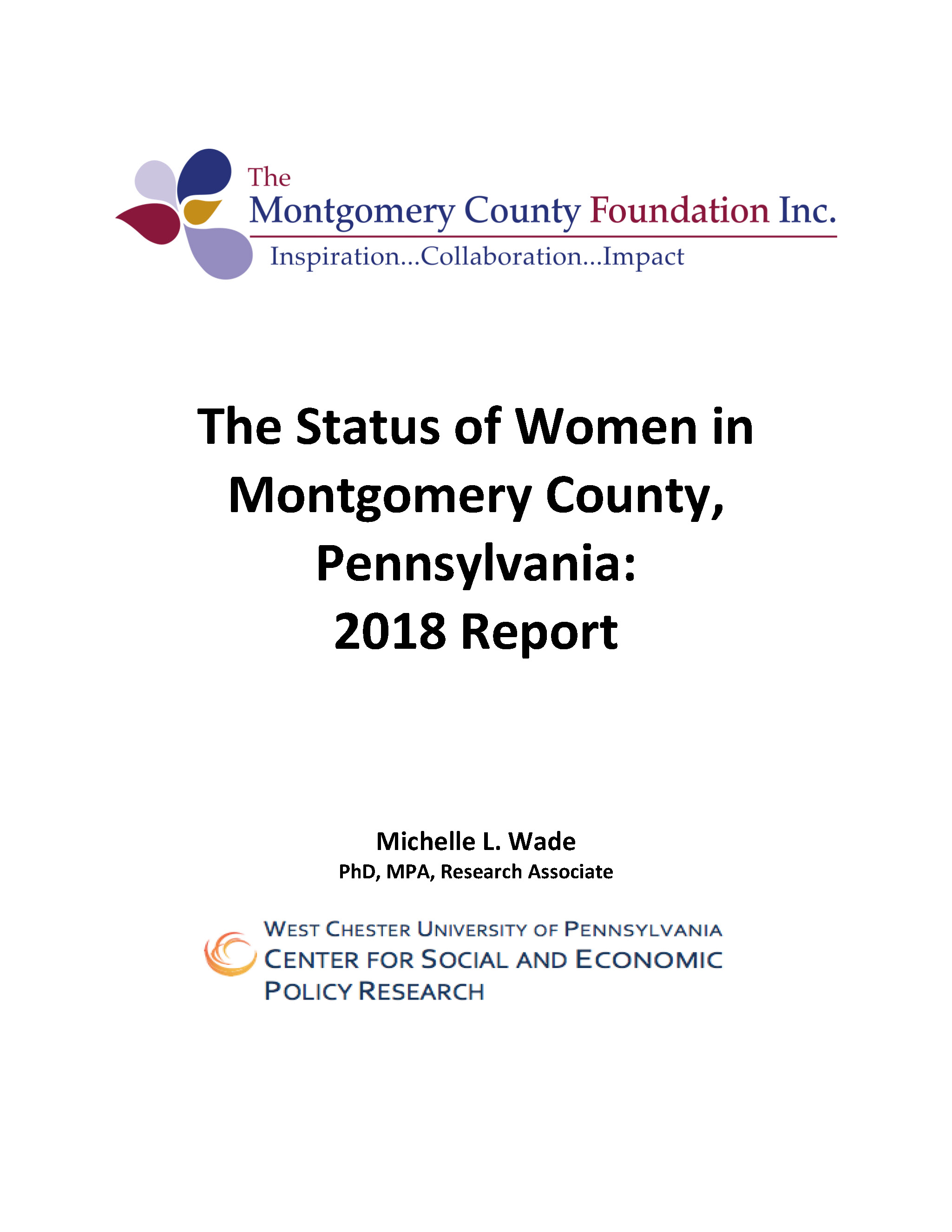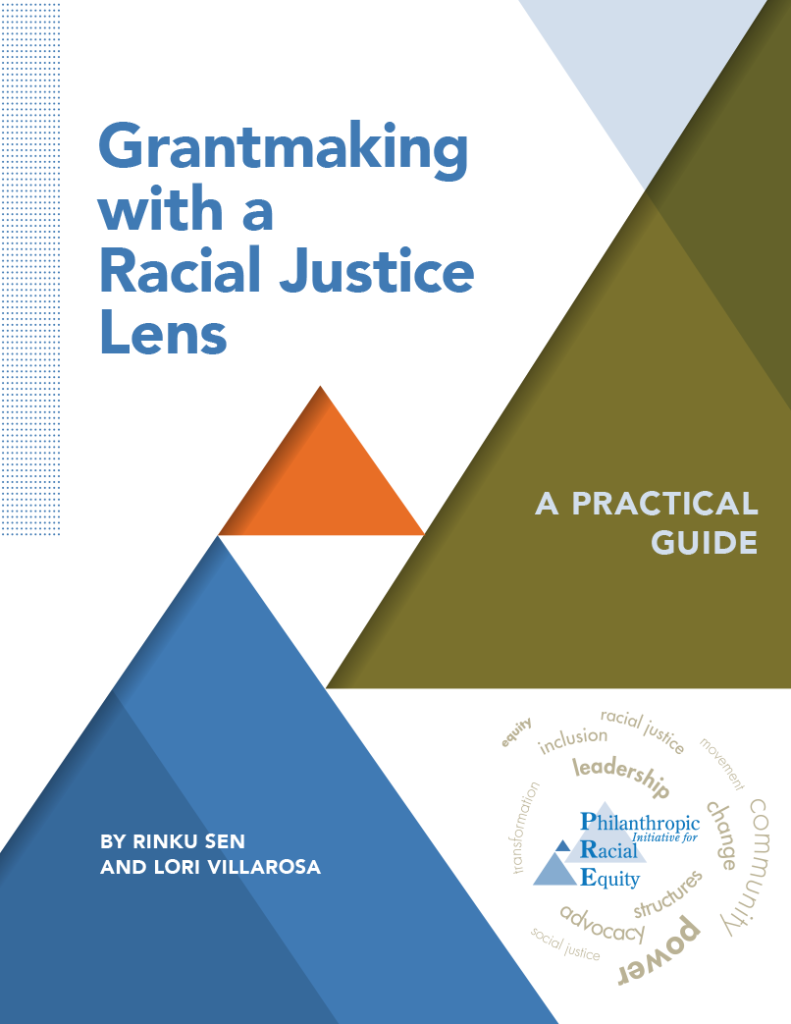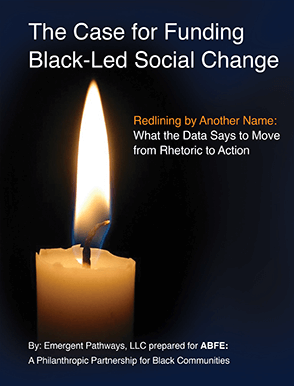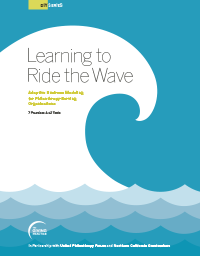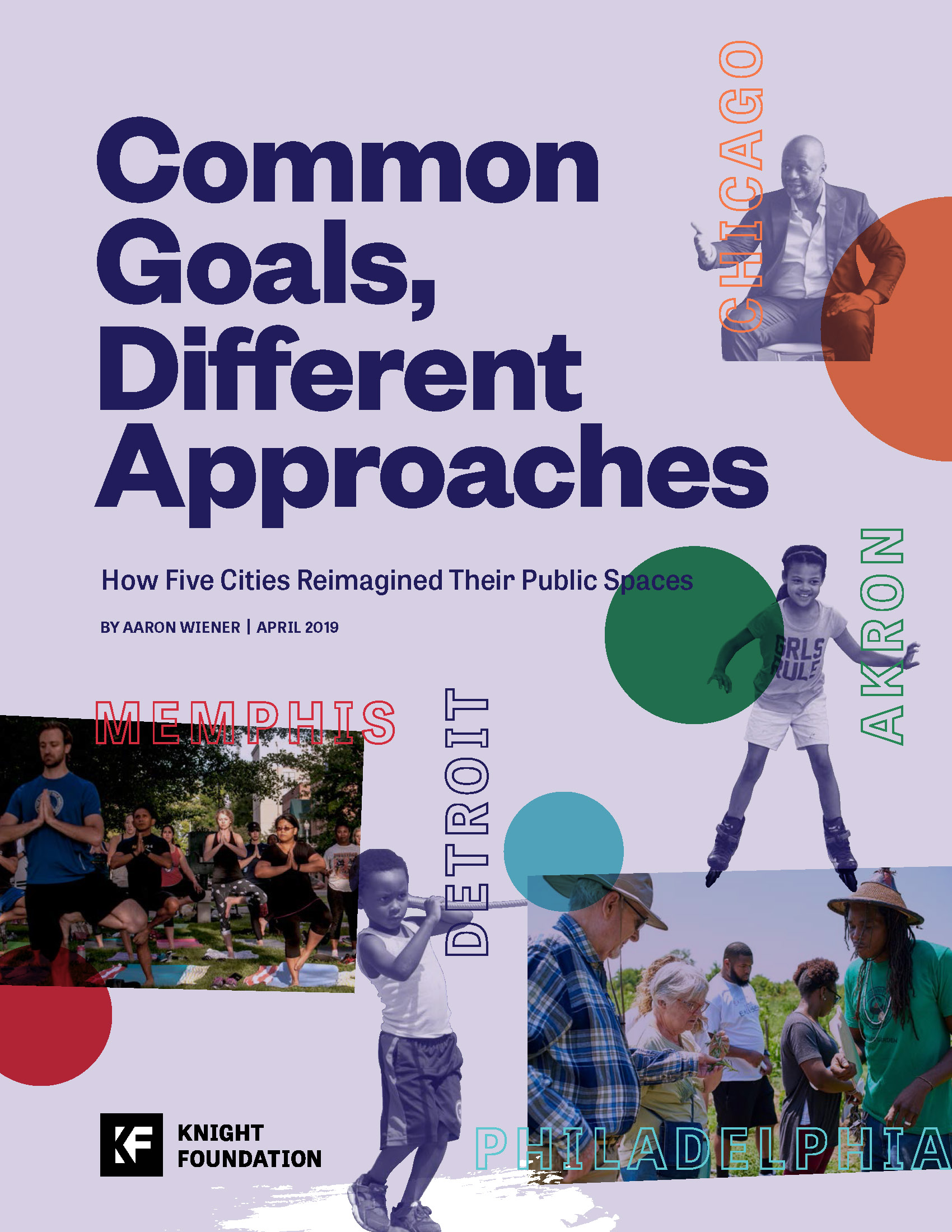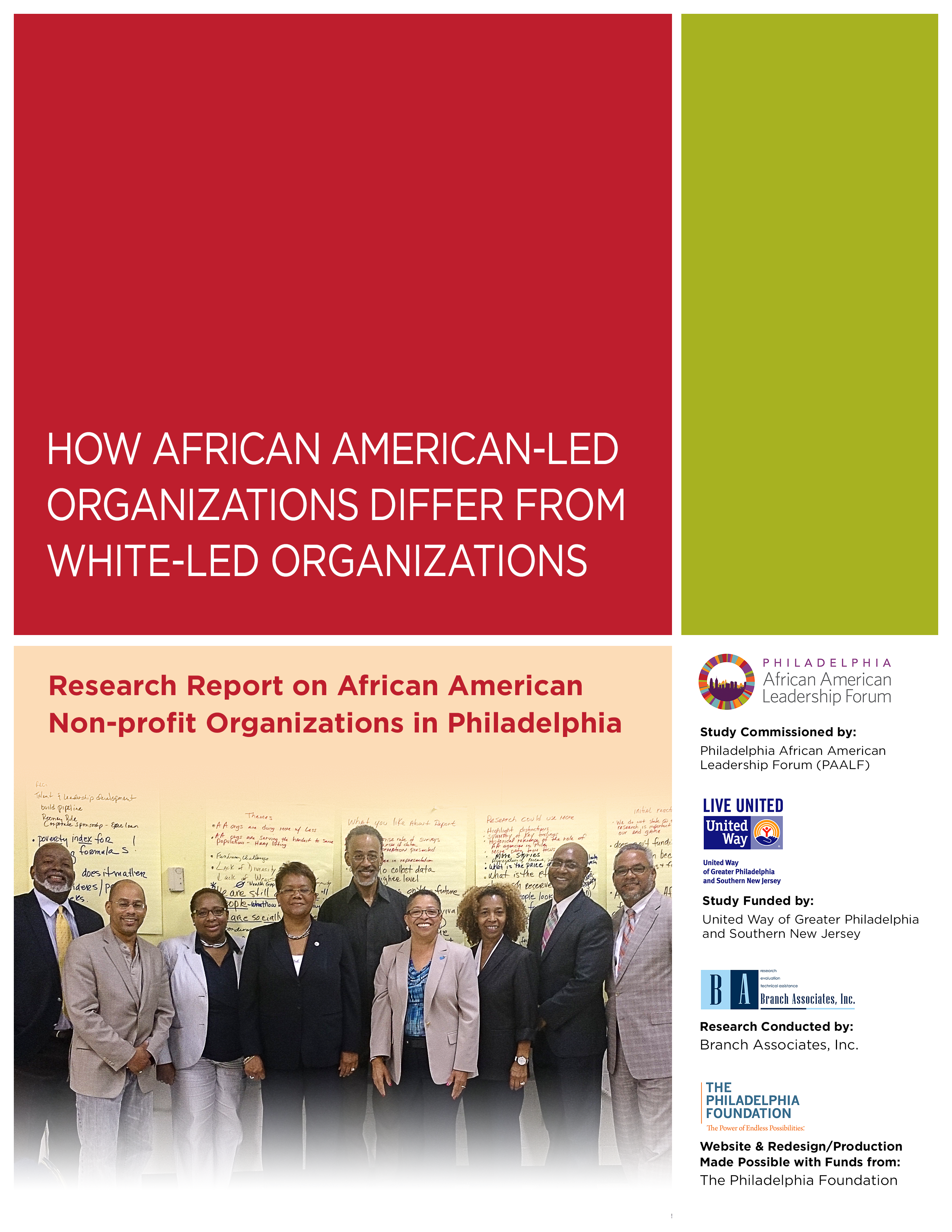Site Search
Search Tip: Search with " " to find exact matches.
Anchored in Place: How Funders Are Helping Anchor Institutions Strengthen Local Economies
Building Impact: A Closer Look at Local Cross-Sector Collaborations for Education
Fellowship Industry Report
The Status of Women in Montgomery County, Pennsylvania: 2018 Report
2018 Diversity Among Philanthropic Professionals Report
Deciding Together: Shifting Power and Resources Through Participatory Grantmaking
Hurricane Dorian Relief Resources
Strong Foundations: Financial Security Starts with Affordable, Stable Housing – A Research Primer
This new comprehensive research primer from Aspen Institute EPIC draws on extensive review of the research literature, engagement with more than 100 experts, and analysis of federal survey data.
Grantmaking with a Racial Justice Lens: A Practice Guide
The Case for Funding Black-Led Social Change: Redlining by Another Name: What the Data Says to Move from Rhetoric to Action
Cybersecurity Essentials for Philanthropy Series: White Paper: Building a 360° Security
Racial Equity and Philanthropy: Disparities in Funding for Leaders of Color Leave Impact on the Table
Echoing Green and Bridgespan teamed up to research the depth of racial inequities in philanthropic funding.
Census Update from the Bauman Foundation #1 (4.9.18)
Diversity of Asset Managers in Philanthropy
For a decade, Knight Foundation has been intentional about identifying high quality, diversely-owned asset managers when investing its endowment. In response to frequent questions from a variety of stakeholders into the performance of the charitable sector regarding this issue — the questions arising from the general lack of data — Knight Foundation asked Global Economics Group to assess the representation of diverse asset managers among foundations.
Learning to Ride the Wave: Adaptive Business Modeling for Philanthropy-Serving Organizations
What’s Race Got to Do With It? Equity and Philanthropic Evaluation Practice
An increasing number of foundations are embracing racial equity/equity as a core value, and it is influencing how they see themselves and operate. However, evaluation has for the most part remained untouched. Knowing how race/racism has influenced both, philanthropy and evaluation, deepens our understanding of how philanthropic evaluation practice may unintentionally reinforce racism. Equitable evaluation shifts the current evaluation paradigm to one that centers equity/racial equity, so that it is more aligned with the values and intentions of current day philanthropic endeavors.
Common Goals, Different Approaches: How Five Cities Reimagined Their Public Spaces
How African-American-Led Organizations Differ from White-Led Organizations: Research Report on African American Nonprofit Organizations in Philadelphia
Race influences professional investors’ financial judgments
Results of an online experiment suggest that underrepresentation of people of color in the realm of investing is not only a pipeline problem, and that funds led by people of color might paradoxically face the most barriers to advancement after they have established themselves as strong performers.

